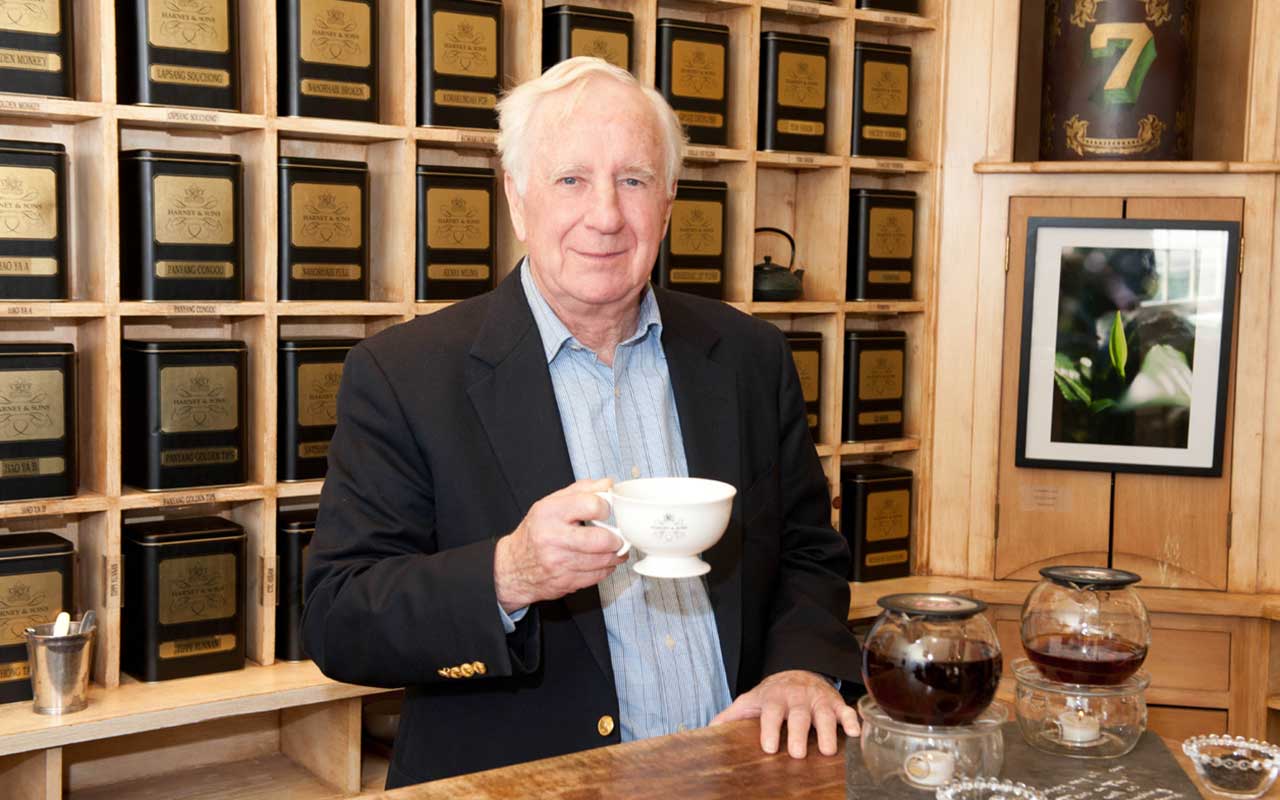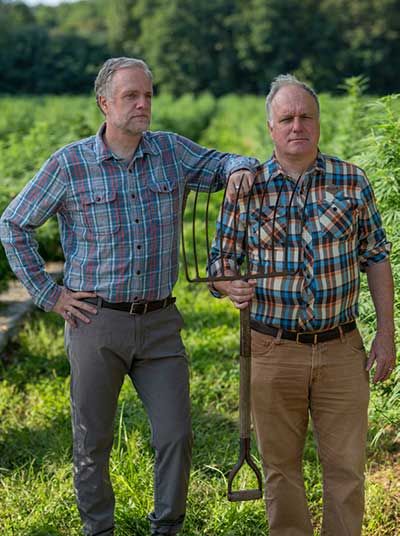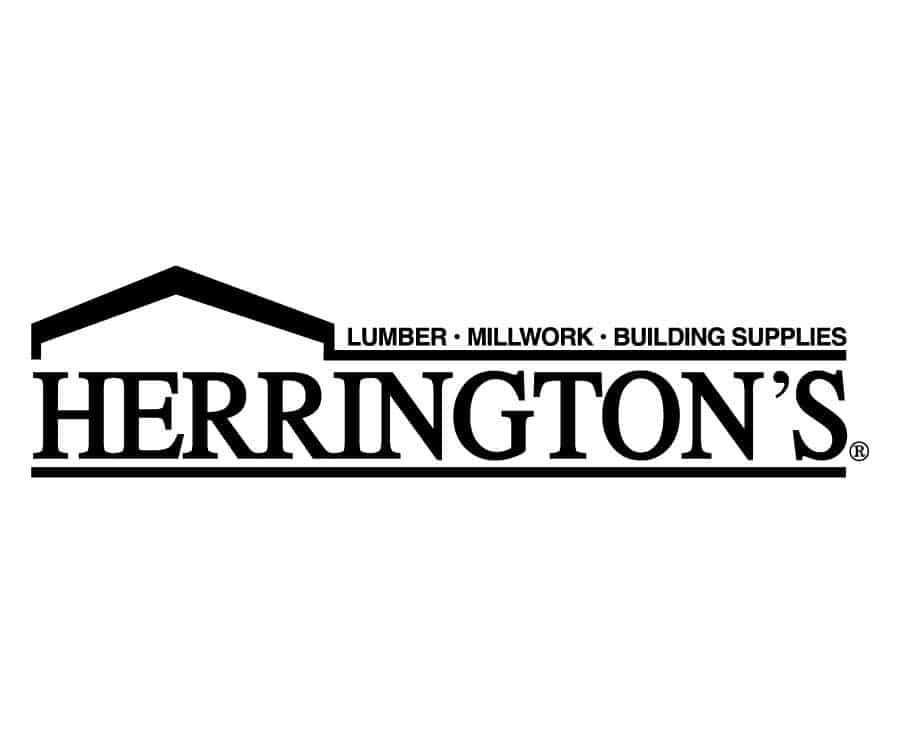Main Street Business

Three Businesses 10-Years Later
I am grateful to the three entrepreneurs, Joan Osofsky, Michael Fallon, and John Harney, who so generously talked to a writer they did not know for a magazine that was just beginning ten years ago. They started their careers as a schoolteacher, a car dealership service manager, and an innkeeper and then created destination home stores, a thriving regional auction house, and a global beverage company that their families and employees carry on today. For this tenth anniversary issue, we decided to discover what has happened in the last decade.
Hammertown Barn
Joan Osofsky is always thinking ahead, but she enjoyed reflecting on the past ten years and on the almost 38 years since she started her first Hammertown store in Pine Plains, NY. Today Osofsky has stepped back from the everyday operations of the stores and is focused on buying antiques and mentoring staff. She hopes her loyal employees, who have 401(k)plans and profit-sharing, will continue to be part of Hammertown’s future. She cherishes her hard-working Hammertown family of employees, many of whom have worked there for decades.
Hammertown’s customers base, including the children and grandchildren of early clients, has grown younger with the migration to the country. The power of Hammertown’s website and Instagram presence has expanded the customer base. Orders come in over the phone from Rhode Island to Texas. Antique accents remain a differentiating part of the Hammertown mix, and these days Joan goes shopping for antiques at least once a week. Over the past decade the stores’ goods have become even more curated with a focus on all things home and less on gifts. “Everything we buy has to have a purpose,” explained Osofsky. “We mix the old and the new and everything has to stand the test of time – and be price competitive.”
Interior design services have grown substantially in the last ten years, with Hammertown specialists handling as much or as little as customers require – from a simple suggestion about paint color to completely furnishing a home. “Our customers don’t want to spend a million dollars; they just want to be comfortable.”
On the practical side, Osofsky is proud of the difficult behind-the-scenes tasks that have been accomplished in the last decade. Management information systems have been put in place that track inventory in all three Hammertown stores. The team has figured out how to handle e-commerce and has developed a website with “beauty, soul and spirit.”
Joan’s book Love Where You Live: At Home in the Country, which was published just after the Main Street interview appeared, was followed in 2017 by Entertaining in the Country: Love Where You Eat. Both books embody the ethos of Hammertown. “We love and cherish this beautiful place where we live, and we honor the people we get to serve and work with every day.”
Harney & Sons Fine Teas
 In Main Street’s inaugural March 2013 issue, John Harney was our first business interview and was absolutely delightful. Harney began his family business in the basement of the White Hart Inn in Salisbury, CT, serving tea to hotel guests. Enthusiastic about tea, he was a natural salesman and people-person who treasured his wife Elyse, his customers, his community, and even his time in the Marines.
In Main Street’s inaugural March 2013 issue, John Harney was our first business interview and was absolutely delightful. Harney began his family business in the basement of the White Hart Inn in Salisbury, CT, serving tea to hotel guests. Enthusiastic about tea, he was a natural salesman and people-person who treasured his wife Elyse, his customers, his community, and even his time in the Marines.
The business grew rapidly and moved to Millerton, NY. Today John Harney’s office at Harney & Sons remains untouched and vacant after his sudden death in 2014 at age 83. Two of his sons, Michael and Paul, manage the tea business, as co-vice presidents, Brigitte Harney runs the tea and gift shop, and grandsons Emeric Harney heads marketing while Alex Harney is in charge of the Millerton tea shop’s café and the company’s photos and video.
Elyse Harney recently reflected on the legacy her husband created: “My husband was an entrepreneur and enjoyed the challenge and risk of creating a company. He would be so proud of his family and the way they have continued his dream. From a beginning tea company offering six blends of fine tea, we now offer more than 300 varieties. The success of the company has also allowed us to show our concern for community on a local and international level. The company donates one percent of our gross income to One Percent for the Planet, which supports organizations like the Housatonic Valley Association, Dutchess and Columbia land conservation, California forests, and schools in Ladakh, India. John could always bring a smile to someone’s face and his teas have continued to do that as well.”
In the past ten years, the Harney & Sons Tea business has continued to grow steadily and doubled in sales and number of employees. Hot cinnamon tea remains the biggest seller, and most of Harney’s vendors are the same as ten years ago. What has changed is Harney’s direct-to-consumer business over the Internet, which has almost quadrupled in size.
A brand-new bottling facility has opened in Hudson, NY, and Harney no longer relies on outside bottlers to pack its beverages. Licensing deals, especially in Great Britain, have continued to add global cachet to the brand. Most recently there was the official Queen’s Jubilee tea, and the Prince of Wales, Charles III, Coronation blend will be introduced soon.
The Metropolitan Museum in New York sells Harney teas, in their distinctive containers, including some themed to the Met’s collection, such as William Morris British Botanical Tea and Iznick Garden Black Currant Tea. Recently John’s grandson, Emeric, signed up Disney, and there are five Disney tea blends, including Snow White, Mickey Mouse, and Minnie Mouse all in tasteful Harney tins. Retailers like Target and Barnes & Noble continue to be major wholesale outlets for their product. While direct-to-consumer purchases exploded during COVID and continue to be strong, sales to Harney’s traditional business segment of hotels, restaurants, and travel have become proportionally less important.
In 2018, Michael and Paul started the “Hemp Division” to create a new product that fused premium tea with CBD. 7,000 hemp plants were planted around the Millerton factory and then harvested and dried. The CBD line of hot, iced, and sparkling brews has been expanded to include tinctures, wellness gummies, and even hemp T-shirts.
Like any business, there’s always a new problem that needs to be solved, whether it’s a shut down in China that affects tea exports, a sudden lack of bottles, or the increased cost of shipping. Finding employees for factory jobs doesn’t seem to be difficult, but like most retail businesses, finding help for the stores continues to be challenging. And like their father, when asked if there was any interest in selling the business, the answer was “No, but thanks for the interest.” John would be happy with the continued commitment to great teas and service and with how the business has matured.
Copake Auction
Michael Fallon, the founder of Copake Country Auction, Inc., was Main Street Magazine’s second interview in 2013. Ten years later, Fallon still loves his auction business and recounting auction stories like the recent sale of an Isamu Noguchi rudder table for $29,250.
Twelve years ago, Copake Auction was early to put its auctions online with digital photographs of every item. Now online bidding has grown to over 70% of sales.
These days Michael’s co-oweners, his son Seth and Seth’s wife Jacqueline, are the dominant force in the business. Michael still evaluates estate and deals with clients although, at age 76, he no longer moves furniture. “I love to come to work. I love to go to people’s houses. This business is one of the best blessings in my life. I love helping people,” admitted Michael. When we talked, he was very excited about a potential consignment of 20 motorcycles for the auction house. Fallon raced motorcycles in his youth and still has a passion for them.
The internet has also expanded Copake Auction’s geographic reach – at the most recent signature New Year’s Day sale there were bids from 37 states and six countries. The Internet allows an auction house in a small, rural town like Copake, NY, to compete globally. For example, in 2015, Fallon sold a small Jean-Michael Basquiat drawing for over $22,000. In 2022, Copake sold a very rare Bronco hard-tire safety bicycle from the 1890s to a southern US collector for over $52,000 during the annual signature bicycle auction.
In the last ten years, tastes have also changed, and items like oak furniture have fallen out of fashion. Certain collectibles, like Hummel figures, have decreased in value and are now offered in groups rather than single lots; however, mid-century modern remains hugely popular. On some level the Internet has made Fallon’s business easier, but expenses like advertising, insurance, fuel, and utilities have increased costs. Fallon’s biggest challenge right now is storing sold goods until the buyers from all over arrange to have them picked up: “We still have some items from 2017.” Recently, the auction house built a 7,500 square-foot warehouse to store items coming up for auction, and it’s already full.
Fallon’s advice to collectors is to buy only what you love because the value may not increase. The market remains unpredictable. “It’s not a logical business. Results depend on the right day, the right time, and the right people,” according to Fallon. He mentioned a rare Copake postcard he purchased on eBay for $385 (he collects and preserves local memorabilia). A year later the same card went for $12. “Uncertainty is one of the many things that makes this business exciting!”



